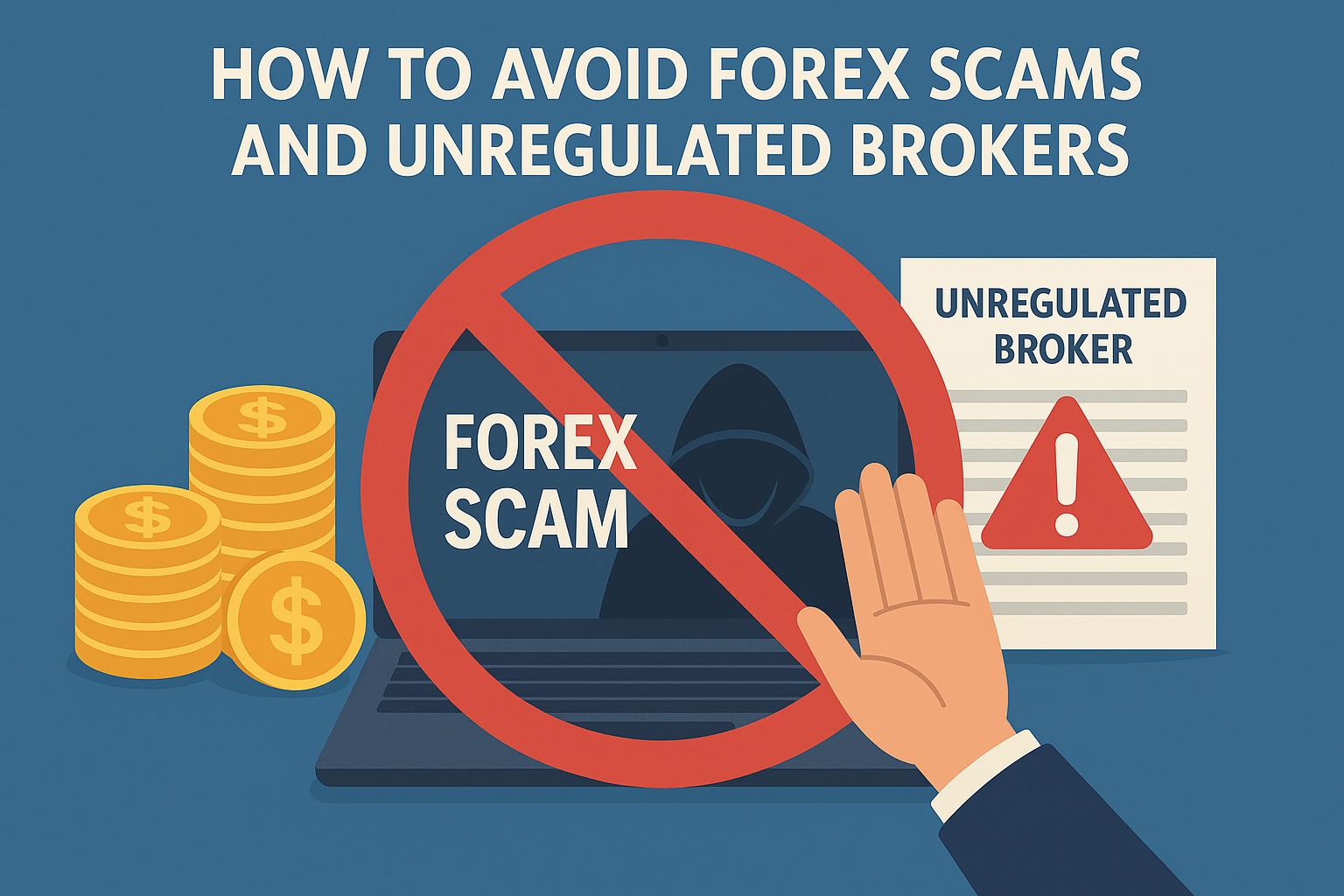Understanding Forex Scams
The foreign exchange market, often referred to as Forex, is known for its dynamic nature and its ability to operate continuously around the clock, offering unmatched opportunities for traders and investors alike. As enticing as these opportunities may be, they are accompanied by their share of risks, especially in terms of scams and fraudulent activities that target unsuspecting participants. Recognizing and understanding how these scams work is essential for safeguarding your investments in this lucrative, yet perilous, market.
Common Forex Scams
A significant aspect of Forex scams involves the promotion of guaranteed high returns with low risk. These scams prey on individuals’ desires for quick and easy profit, often dangling lucrative offers without any substantial foundation. Fraudsters employ exaggerated claims to attract new investors, often with promises that are too good to be true. Beyond just financial guarantees, misrepresentation is another common tactic employed by scammers. This includes misrepresenting the expertise or the credentials of a broker or signal seller. By presenting an illusion of credibility and success, these fraudsters urge potential investors to make hasty decisions without adequate research or due diligence. The urgency they create often leads to poor investment decisions driven by misplaced trust.
Identifying Unregulated Brokers
The presence of unregulated brokers in the Forex market poses a considerable threat. These brokers, by virtue of operating outside the purview of regulatory oversight, manage to escape accountability. Without any regulatory body to answer to, these brokers find it easier to indulge in deceptive practices without facing repercussions.
Importance of Regulation
In the Forex market, regulation serves as a cornerstone of trust and credibility. Regulatory bodies enforce a set of standards and practices that brokers are expected to adhere to, all aimed at safeguarding investors’ interests. Brokers that are regulated are mandated to operate with transparency and uphold ethical practices. This not only reduces the risk of fraud but also enhances the integrity of the Forex market. Therefore, dealing with a regulated broker significantly minimizes the risk of encountering fraudulent activities.
Recognizing Red Flags
There are several indicators that can signal potential scams or untrustworthiness in a broker. A major red flag is the lack of information concerning the broker’s regulatory status. If the details are either missing or not forthcoming, it is often an indication that further investigation is warranted. Furthermore, a poorly designed website can be indicative of a broker who does not prioritize their business operations fully, potentially reflecting their lack of professionalism and legitimacy. High-pressure sales tactics employed to coerce quick investments should also be viewed with suspicion. If a broker shies away from transparency regarding their regulatory status or struggles to provide clear, verifiable information, this should spark further scrutiny.
Steps to Verify Broker Legitimacy
1. **Check Regulatory Body**: It is crucial to verify whether a broker is registered with a reputable regulatory body. Reputable regulatory bodies include organizations such as the Financial Conduct Authority (FCA) in the UK, the Commodity Futures Trading Commission (CFTC) in the US, and the Australian Securities and Investments Commission (ASIC) among others. Registration with these bodies is an indicator of a broker’s legitimacy and adherence to required standards.
2. **Research Reviews and Testimonials**: Reviews and testimonials available online can be insightful; however, they should be approached with caution. It is crucial to exercise discernment, as overly positive reviews could be fabricated as part of the scam narrative.
3. **Evaluate Customer Support**: Reliable brokers are recognized for providing professional customer support that is readily available. Testing their responsiveness can be an important gauge of their commitment to service. Effective customer support is indicative of a broker’s dedication to their clients and transparency in their dealings.
4. **Confirm Contact Information**: Legitimate operations typically provide thorough contact details. Take the time to cross-verify the broker’s office address, phone numbers, and any other contact information provided. Doing so not only helps assess legitimacy but also aids in pinpointing any discrepancies.
Practical Tips for Safe Trading
– Educate Yourself: Prior to delving into Forex trading, it is essential to build a solid understanding of market dynamics, trading strategies, and relevant concepts. Traders equipped with knowledge are inherently less vulnerable to scams due to their ability to discern legitimacy from deception.
– Start Small: It is prudent to begin with small investments as a precursor to larger commitments. Starting small allows you to evaluate a broker’s reliability over a period of time, mitigating the risk of substantial financial losses should a scam be identified.
– Use Demo Accounts: Many trading platforms offer demo accounts that are invaluable for practice. By engaging in trading with virtual funds, you can acclimate yourself to the trading platform, experiment with strategies, and assess the broker’s systems without financial risk.
For more information on trading strategies and broker reviews, visit forextrading.com.
In conclusion, navigating the Forex market requires an informed and vigilant approach to avoid falling victim to scams. By honing your knowledge, paying attention to potential warning signs, and carefully evaluating broker legitimacy, you can engage in Forex trading more safely and effectively. Always remember that due diligence, patience, and an awareness of the red flags associated with scams will protect your investments as you explore the opportunities within this dynamic market.
This article was last updated on: September 15, 2025

